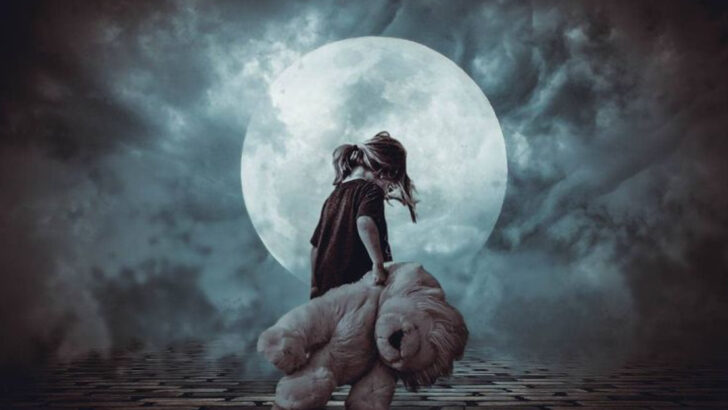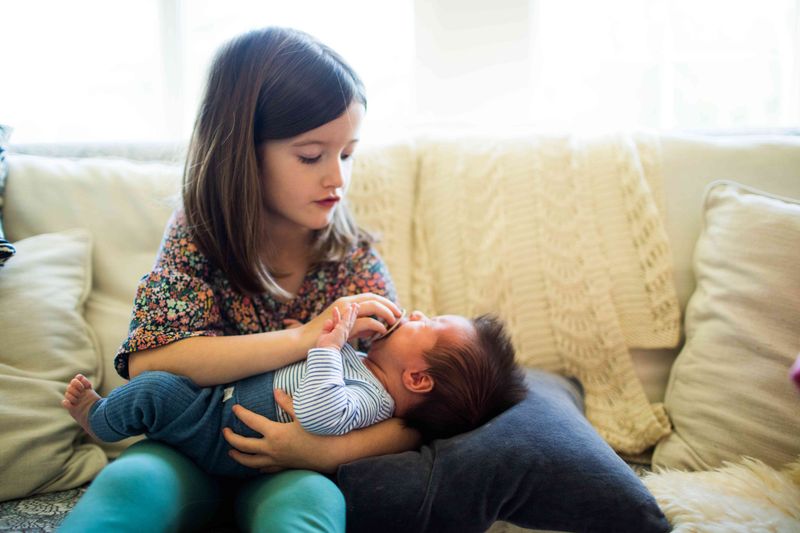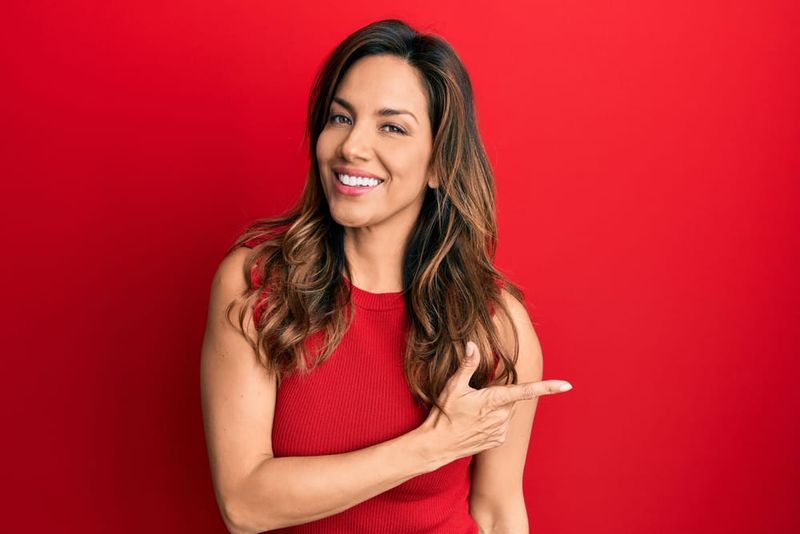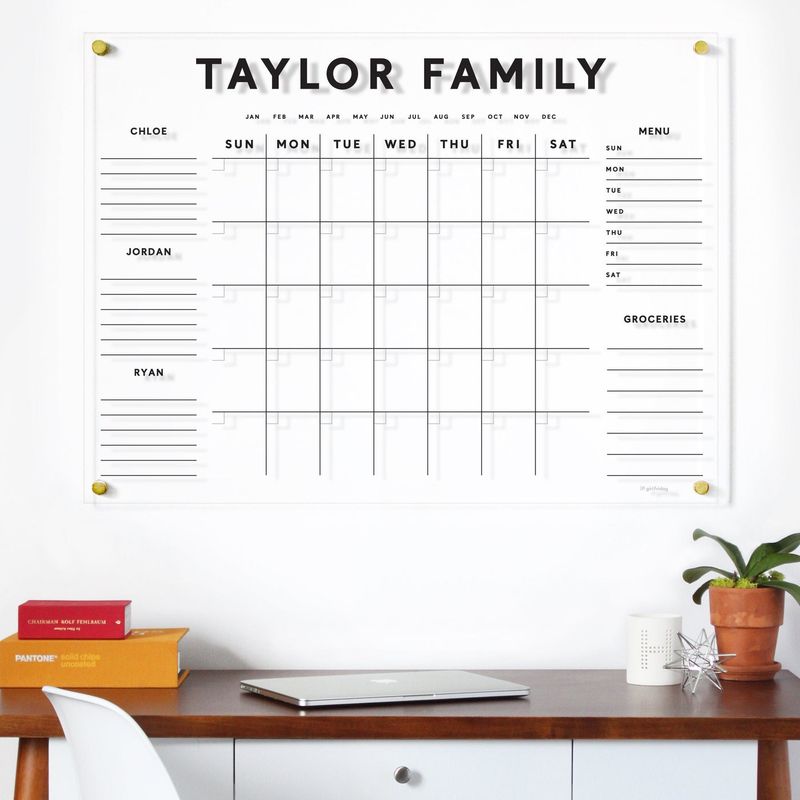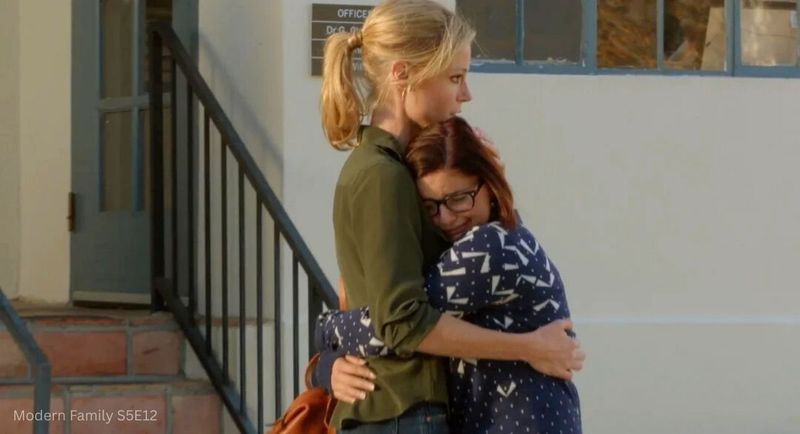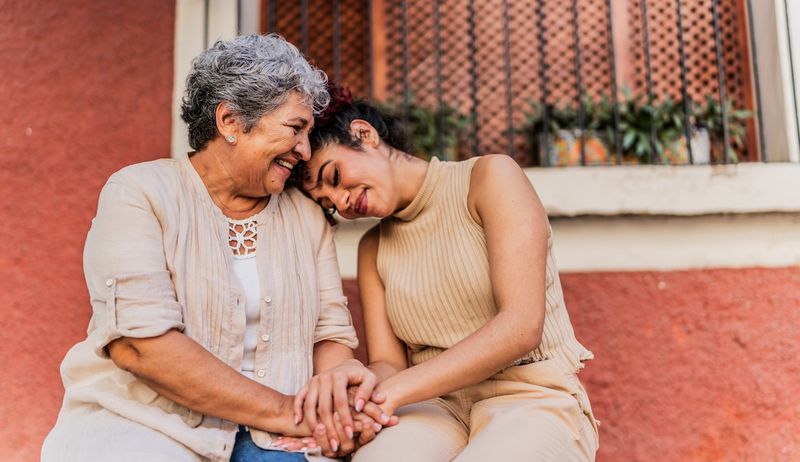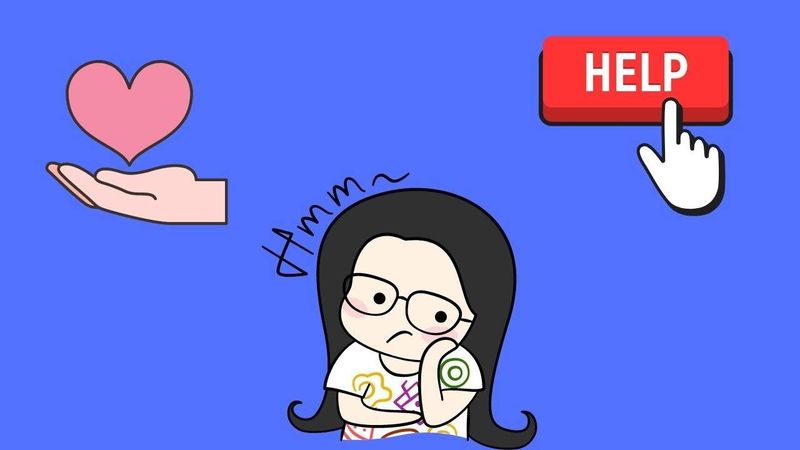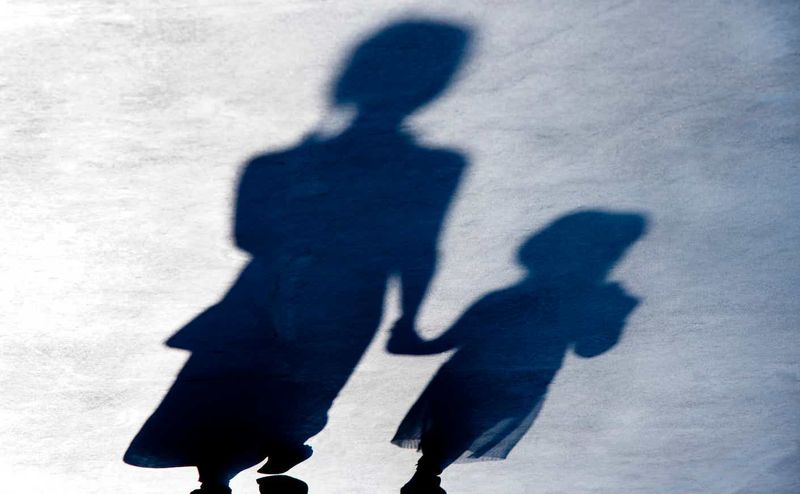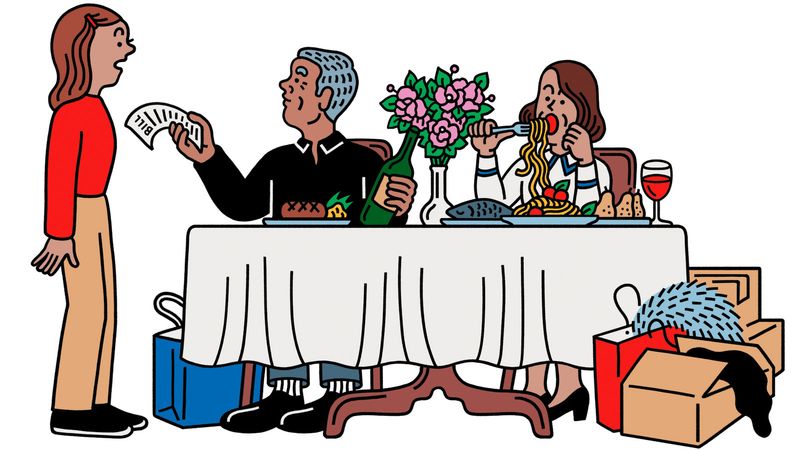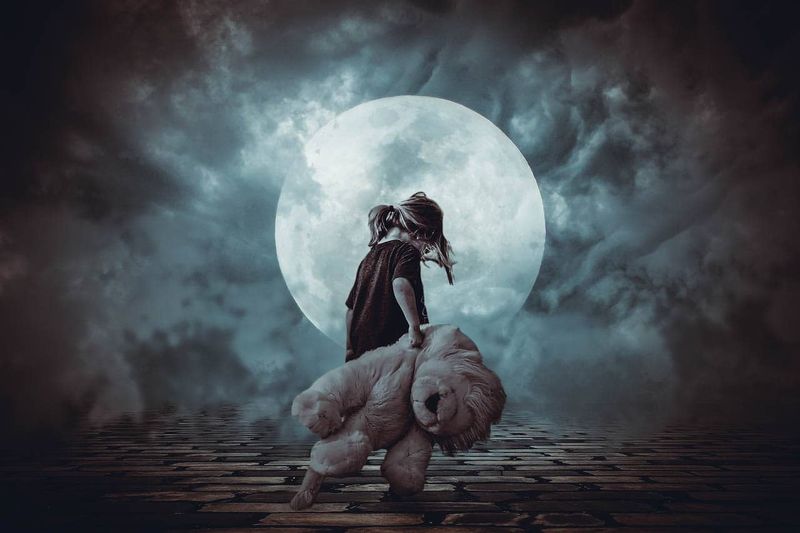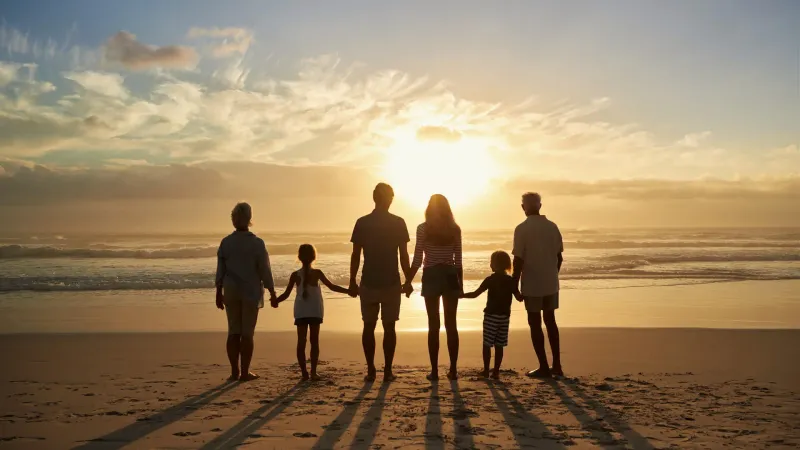You probably know the feeling: holding the world together with one exhausted hand while pretending you’re fine. If you’re the eldest daughter, you didn’t get to just be a kid. You became the fixer, the go-between, the example. Sometimes you wonder if anyone even noticed how heavy it got.
A verdade é a seguinte: Eldest Daughter Syndrome isn’t just in your head. It’s a real pattern—one that twists love, guilt, and responsibility until you can barely tell what’s yours to carry. Most people won’t talk about it. I will.
If you see yourself in these signs, it’s not because you’re broken. It’s because you were given a role no child should’ve had to fill. I’m gonna get brutally honest about what it looks like—and how to hold your parents accountable for their part.
1. You Became the Family “Third Parent” Before You Could Spell Your Name
Other kids watched cartoons; you watched your little brother so mom could nap. No one asked if you wanted this job. You just did it, quietly, before you understood what babysitting meant.
People called you “mature for your age” like it was a compliment. They didn’t see the panic when the baby cried or the guilt if something went wrong. Maybe you still wake up sometimes convinced you’re on the hook for someone else’s needs.
The part that stings? Adults joked about how responsible you were while you secretly craved to be irresponsible, even just once. That longing never really left. You learned young that love often meant labor, and childhood was a privilege you’d have to watch from the outside.
2. You Couldn’t Make a Mistake Without a Lecture—Or Worse, Silence
Perfection wasn’t optional. One missed homework assignment and you’d get the talk: how you set the standard, how your siblings watched you. Or maybe they just went quiet, letting disappointment settle thick in the air. Both left marks.
You learned early that your errors weren’t just yours—they were family embarrassments. There was no room for “just a kid” mistakes.
Did you ever notice how your siblings got off easier for the same things? If you bristled at that injustice, you weren’t being dramatic. You were noticing the double standard that shaped you into someone who’s still afraid to slip up, even now.
3. You Knew Everyone’s Schedule—But No One Knew Yours
You became the unofficial keeper of the family’s calendar. School pickups, soccer practice, doctor’s appointments—you tracked it all. If someone forgot, you remembered. If something slipped, it was your fault for not reminding them.
At some point, you stopped telling people about your own plans. It felt safer not to expect them to care, or even notice. You scheduled your life around everyone else’s chaos.
It sounds small, but it chips away at you. That invisible labor—remembering, organizing, anticipating—followed you into adulthood. Now, you still hesitate to ask for help, convinced you’re supposed to be the one who always knows.
4. You Were the Peacemaker, Whether You Wanted to Be or Not
Arguments broke out and everyone looked at you to calm things down. You learned to read the room like a pro, scanning for danger signs before voices even rose. Sometimes you soothed your siblings, sometimes you tried to reason with adults. Either way, you were the buffer.
It’s a lonely job. When you’re the peacemaker, you swallow your feelings to keep the family ship steady. Nobody asks what you need—they’re too busy thanking you for keeping the peace.
You might realize now that your “conflict skills” weren’t a gift. They were survival tools. And using them didn’t make the fighting stop; it just taught you to disappear in the chaos, quietly fixing what you never broke.
5. Your Achievements Were Expected, Not Celebrated
You studied, excelled, accomplished—and heard barely a word about it. A good grade? Of course, you’d get that. Winning the prize? Well, you always do. Instead of applause, you got a checklist for the next thing to achieve.
Did it sting to work so hard and get more chores instead of congratulations? Maybe your parents shrugged off your success because they’d decided that’s just “who you are.”
That praise drought leaves deep thirst. Now, recognition feels awkward, or even suspicious. When someone tries to celebrate you, you downplay it. You learned that achievement was your duty, not something worth joy.
6. You Put Everyone Else’s Needs Before Your Own—Without Thinking
Taking time for yourself felt selfish, even dangerous—like you’d be letting someone down. So, you got used to eating last, or not at all. And you listened more than you spoke.
This habit followed you everywhere. At work, in friendships, in relationships—you default to caretaker mode. Even when you desperately need rest, you push through, convinced that your needs are an afterthought.
Did you ever wonder if anyone would notice if you stopped giving? You might be surprised how few do. That’s because you trained everyone to look past your needs, just like you learned to do.
7. You Felt Like the Emotional Dumping Ground
You remember being the one everyone turned to with their problems. Parents vented about money, work, or each other. Siblings confided their secrets and worries. You sat there, taking it all in, because that’s just what you did.
No one handed you the toolkit for carrying adult emotions. You just absorbed the mood shifts, the anxiety, the guilt. Sometimes you still feel responsible when someone else is upset—like you failed at your invisible job.
If you feel heavy for no clear reason, that’s not random. It’s what happens when you become the family’s emotional landfill—full of stories and feelings that never belonged to you.
8. Every “No” Was Met With Guilt or Pushback
Dizer "não" felt like heresy. The first time you tried, maybe as a teenager, the room went cold. Mom looked wounded. Dad accused you of being difficult. Or siblings pouted until you caved. With every pushback, you learned saying yes was easier.
Now, even as an adult, guilt follows you whenever you try to draw a line. You over-explain, apologize, or give in—anything to avoid upsetting someone. At times you agree to things that drain you, just to keep the peace.
You’re not actually selfish for wanting boundaries. The real problem is a family that made "não" a dirty word.
9. You Grew Up Fast—And You’re Still Tired
At 12 you were acting like you were 30. Bills, chores, school forms—you handled adult worries long before you should have. It’s no wonder you feel old in your bones now.
Fatigue became your baseline. You soldiered on, ignoring the ache in your body and spirit. Friends might say you’re “so together,” but they don’t see the cost.
From time to time, you wish you could rewind—even for a day—just to know what it felt like to be carefree. That exhaustion you carry isn’t laziness. It’s the weight of years spent holding up the sky.
10. You Never Learned How to Ask for Help
You got used to figuring things out solo. Need something? Handle it yourself. Asking for help felt risky—like an admission you weren’t strong enough.
Now, you freeze up if someone offers support. The words get stuck. Maybe you even resent people who don’t instinctively know what you need, forgetting you never gave them the chance.
Learning to ask for help isn’t weakness. It’s a skill you never got to practice. The first steps are clumsy, but you’re allowed to take them. You don’t have to prove your strength by suffering in silence.
11. You Blamed Yourself for Problems You Didn’t Cause
When something went wrong, you ran the tape in your head: Should you have done more? Did you miss a warning sign? The tiniest family crisis became your fault, even if you knew deep down it wasn’t logical.
It’s a special kind of mind trap. You learned to overanalyze, apologize, and promise to do better next time—no matter what. The guilt clings, even when you know you’re not responsible.
That constant self-blame is learned, not innate. It’s the result of being told—directly or indirectly—that you were responsible for keeping everything running. That’s too much weight for one person.
12. You Still Feel Like You Owe Your Parents
Obligation was the family currency. You probably still hear it in subtle ways: “After all we’ve done for you…” ou “Families help each other.” Gratitude got tangled up with debt.
Even now, you find yourself bending over backwards, paying back a bill you never actually owed. This guilt isn’t about love. It’s about an unspoken contract you never agreed to but keep honoring anyway.
You’re not ungrateful or cold for wanting space. Occasionally, the kindest thing is to break the cycle and stop paying a debt that was never yours.
13. You Hide Your Struggles to Keep Up the Strong Front
Vulnerability didn’t feel safe. You learned to put on a brave face, to perform “fine” for everyone else’s comfort. Admitting you were struggling risked letting down the people who counted on you.
Now, you still slip into that mask. Colleagues, friends, even partners might see your confidence and never guess how close to breaking you sometimes feel.
The truth? The strong one needs support, too. It takes courage to let the cracks show—sometimes, that’s the bravest thing you can do.
14. You’re the Family Historian—But No One Asks Your Version
You remember the details: birthdays, traditions, the way Grandma made tea. You’re the keeper of stories, the memory bank everyone relies on. But when the family reminisces, your version rarely gets airtime.
You listen as others rewrite the past, skipping the hard parts you can’t forget. It’s lonely, holding the full story while the crowd prefers the highlights.
You wonder if speaking up would even matter. But your story is worth sharing, even if it makes others uncomfortable. You get to own it, not just archive everyone else’s.
15. You Realize You Have to Hold Your Parents Accountable
There comes a point when you see the patterns clearly. You start to question: Why was I given so much responsibility? Why did no one protect my childhood? The urge to shrug it all off is strong, but healing starts with truth.
Holding parents accountable doesn’t mean blaming them for everything. It means naming what happened, setting new boundaries, and refusing to shrink yourself to keep the peace.
This is hard work. But it’s also an act of self-respect. You deserve to have your story honored—and to be more than just the role you played.

